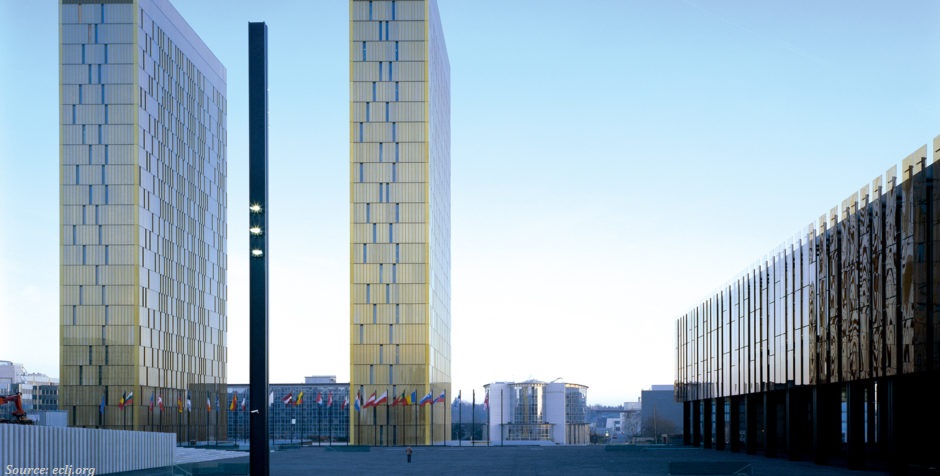On 23 January, the Court of Justice of the European Union delivered its judgment in case C-661/17, regarding, inter alia, Dublin transfers in the light of the United Kingdom’s withdrawal from the European Union (Brexit), and considerations around Article 17 of the Dublin Regulation.
The applicants, two parents and a child, applied for asylum in Ireland, after having been residents in the UK for 6 years. The Irish authorities sent a take back request to the UK, which the latter accepted. The applicants tried to challenge their return to the UK on medical grounds, as well as on grounds relating to the country’s future withdrawal from the EU. The case eventually reached the High Court, which decided to stay the proceedings asking the Court of Justice (CJEU) to rule on the relevant Brexit implications, as well as on several interpretative issues regarding Article 17, best interests of the child and effective remedy.
In the examination of Article 17 considerations, the Court reiterated the optional character of Article 17 (1) of the Regulation, finding that a Member State is not obliged to use the discretionary clause of Article 17 to examine an asylum application, where the Member State responsible has notified its intention to withdraw from the EU. Following the same line of reasoning, the Court held that such a Member State is not required to take into account the best interests of the child and to itself examine that application, in the context of Article 17. On the second question, on whether the same national authority must determine both the Member State responsible and the need to exercise Article 17 discretion, the Court clarified that the Regulation does not prohibit those two functions from being undertaken by different authorities.
With regard to the issue of effective remedy in Article 17 cases, the Court found that the wording of Article 27 (1) does not mention the possibility to appeal against the decision to not use the option set out in Article 17(1), while the overall objective of the Dublin framework encourages rapid processing of asylum requests and cannot be expected to allow for multiple possibilities of remedy. Moreover, it was noted that any decision to not exercise Article 17 discretion must lead to a decision of transfer, which means that the authorities’ refusal to use that clause can be challenged through an appeal against a transfer decision.
Lastly, on the exact meaning of Article 20 (3), the Court noted that the wording of that provision reveals a presumption that it is in the best interests of the child to treat that child’s situation as indissociable from that of its parents, in the absence of any evidence to the contrary.

